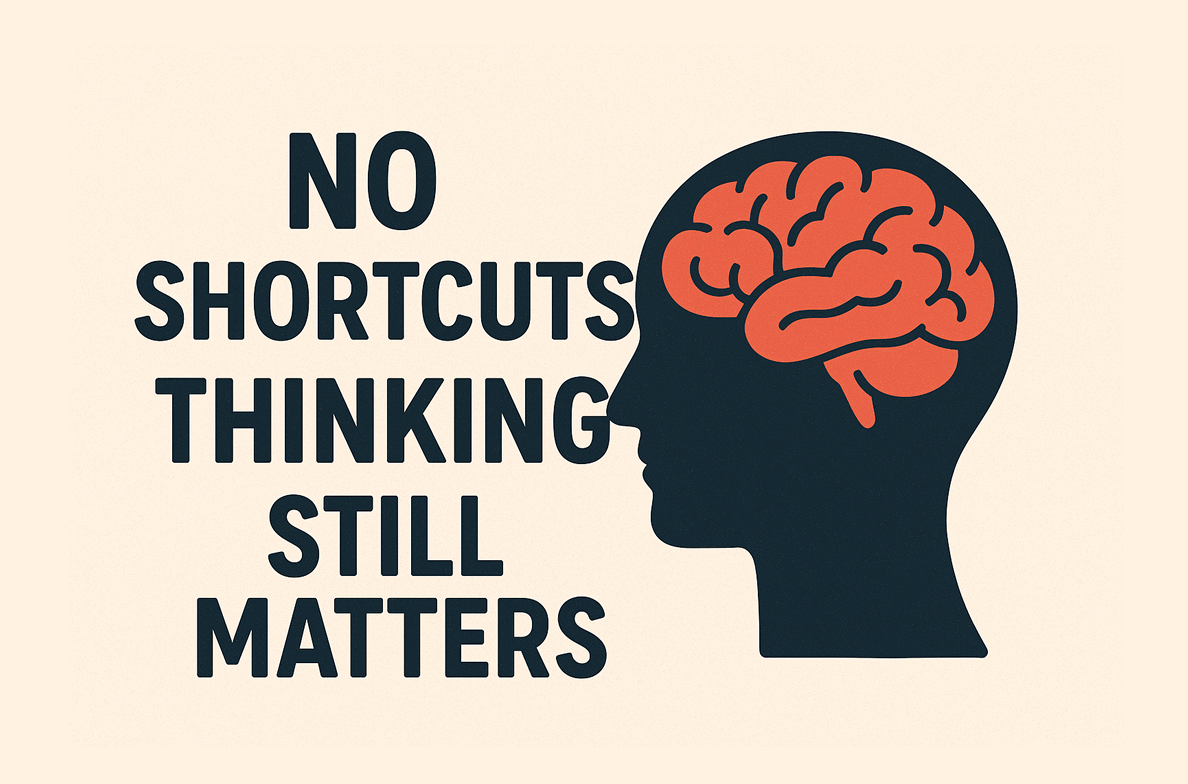We are fortunate to live in the era of the Internet and technological advancements that have made our lives more convenient in many areas, especially in education. Despite its benefits, the Internet and its accessibility have negative effects on children if they do not access the Internet and technology in healthy and responsible ways.
It is not uncommon to see children glued to their mobile devices such as mobile phones and tablets as young as the age of two. In the next few weeks, we need to depend on the Internet and our devices more than ever before.
Here are some healthy Internet habits parents can teach their children:

1. To limit their screen time
It is important for parents to set a schedule for their children on when they are allowed to access the Internet or use their mobile devices. For example, children can be allowed to use the computer or laptop for online lessons and homework for a certain amount of time. Parents can also advise their children to take hourly breaks to walk around or stretch. Time should also be allocated for children to use their devices for playing games and social media. Parents should also make sure that children turn off their devices at least an hour before bedtime. Blue light emitted from mobile devices can be damaging to the eyes and may disrupt sleep cycles. In addition, staring at screens all day will strain eyes and cause bad posture in the long run. Limiting screen time from a young age allows children to practise good discipline and time management.

2. To be safe online
Cybersecurity is crucial especially in a household where children are online often. It is necessary that parents have anti-virus programmes installed on all devices. Parents should ensure that their children are creating good and strong passwords to access email accounts, social media pages and online banking sites, among others. Parents should set their email address as the recovery email for their young children’s email accounts and add themselves to the forwarding list so they can monitor and remove any spam or malicious emails. In addition, parents should also advise their children not to share confidential information with anyone and to not post private information anywhere on the Internet. In the age of social media, it is easy for strangers to contact children via direct messaging. Parents need to make sure their children do not talk to strangers online or worse, arrange to meet them. Children need to distinguish between online friends and real life friends as both are not the same.

3. To be honest with you about their activities
Parents should monitor their child’s activities online but at the same time give them privacy. They should have honest conversations with their children from time to time about what they are doing online. Younger children tend to open up to their parents more than teenagers so it is important that parents make these conversations a norm early. Parents can casually ask who their children are talking to on social media and if they have been asked any unusual or private questions. In addition, it is important for parents to keep abreast of the latest Internet and social media trends. They can also set boundaries for their children’s activities online, keeping certain YouTube channels off limits for example. Cyberbullying is also a growing concern that needs to be taken seriously by parents. For more information on cyberbullying and other types of bullying, click here.

4. To have good device manners
Parents should also teach their children good device manners. For example, devices should not be used while eating as a family or during outings. It is normal to be bombarded with messages and notifications while on mobile devices. Therefore, parents should tell their children that not all messages need to be replied right away and that they can check their phones later. It is important for parents to emphasise the importance of face-to face conversations, participating in outdoor activities and maintaining a healthy style by exercising and playing sports.

5. To practise critical thinking
One of the most important skills for children to learn is critical thinking. Parents should advise their children to always think before commenting or posting something online. Once something is on the Internet, it will be there forever. Even if it’s deleted, it may be shared or saved by someone else. Children can be exposed to many negative things online such as bad language, inappropriate content and dangerous online challenges. Therefore, parents should be aware of all of these issues and advise their children not to participate. Parents should also tell their children not to click on any malicious or suspicious links that may lead to a virus or hack. A good habit to teach children is to make sure they ask permission from their parents before downloading anything.

If you enjoyed reading this article, check out the following:
- 5 Fun Family-Friendly Activities to do at Home!
- 5 Hygiene Tips for Children
- Benefits of Learning a Musical Instrument
- Benefits of Being Multilingual
- 5 Benefits of Writing Poetry
- 5 Good Financial Habits for Children!
- 7 Ways to Spend the End of Year Holidays!
- How to Improve Your Child’s Writing Skills


































